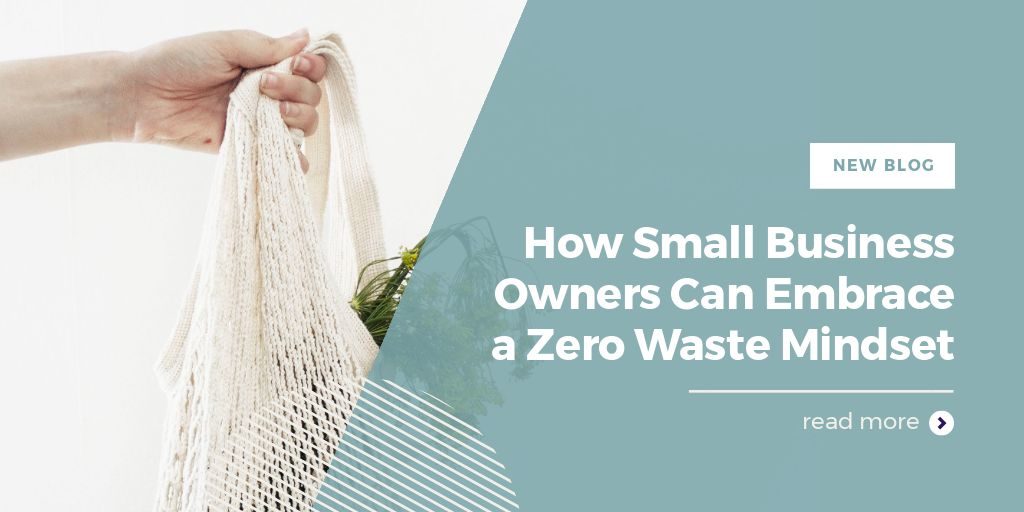
The amount of information about sustainability and climate change is immense. This might be overwhelming, especially for those who want to make a difference but don’t know where to start. Let’s dive into this amazing topic and find ways to embrace the zero-waste mindset.
What is Zero Waste?
Zero Waste, according to the Environmental Protection Agency, is a goal that is ethical, economical, efficient and visionary, to guide people in changing their lifestyles and practices to emulate sustainable natural cycles through waste reduction. Zero Waste Mindset (ZM) is a mindset to find ways where discarded materials of a process can be used as a resource of another.
How Our Daily Decisions Act the Environment
Every day, we make decisions that have an environmental impact and sometimes, if not most of the time, those decisions are made unconsciously. Getting in your car to drive to the grocery store, forgetting to turn off the bedroom light, throwing away biodegradable materials, and using plastic are just a few.
It is hard to think about the journey of wasted food or unrecycled material after it is thrown away. But, there are greenhouse gas emissions generated (mostly methane and carbon dioxide), only 9% of the recycling materials get recycled and more resources are required.
This process has a huge impact on climate change as it generates environmental waste which is “the unnecessary use of resources or substances released to the air, land or water that could harm human health and the environment” [EPA].
The relevance of this definition lies in unnecessary use. When you put something in the bin that was not utilized, everything used to produce that material is considered waste too. This includes organic resources, gasoline, water, electricity, people, money and the list goes on.
Zero Waste Strategies
As mentioned earlier, Zero Waste Mindset implies making the right decisions for your business and for the environment. I like this term as every business is different and what can be helpful for one situation, might not be for another. Consider these six goals to kickstart Zero Waste Mindset in your business:
- Eliminate business activity that generates excessive waste (products, time, money)
- Buy with a purpose or a specific need. When you can, borrow or purchase second hand.
- Use products to the fullest and dispose of them properly.
- Re-use what you have, including the by-products you generate
- Divert waste from the landfill by recycling and composting.
- Invest in moments, not things.
Here are some other ideas for embracing a zero-waste mindset:
- Conduct a waste assessment. Determine what type of waste you produce and how much.
- Identify what materials you use frequently in your business and see if there are more environmentally friendly options. You can even consider partnerships with suppliers to reduce waste.
- Buy less.
- Avoid single-use items like disposable plates and cups
- Reduce, reuse, recycle. Eliminate or prevent waste is better than recycling or compost. If there is no waste, there is no confusion on where bin it needs to be disposed of and reduces complexity. For organics, the order is food donation, animal feed, and compost.
- Translate waste generation into money. How much money are you putting in your bin?
A Zero Waste Strategy can help businesses to have loyal customers, simplify their operation and improve revenue/profit. It also drives innovation and new market opportunities. Consumers are willing to make a difference and to pay a premium for sustainable services or products. A social and environmental business is not only a competitive advantage but is a real need for us as a society to use our natural capital to fulfill our current needs without compromising the environment for future generations. Start your journey!
 Liz Vega is passionate about traveling, art, food, and sustainability. She is the Founder of Ecofficient Strategies that delivers efficient, profitable and sustainable solutions to prevent and eliminate waste through strategic planning, training, TRUEⓇ certification support and project management.
Liz Vega is passionate about traveling, art, food, and sustainability. She is the Founder of Ecofficient Strategies that delivers efficient, profitable and sustainable solutions to prevent and eliminate waste through strategic planning, training, TRUEⓇ certification support and project management.
Follow Liz on LinkedIn
Website: www.ecofficientstrategies.com





